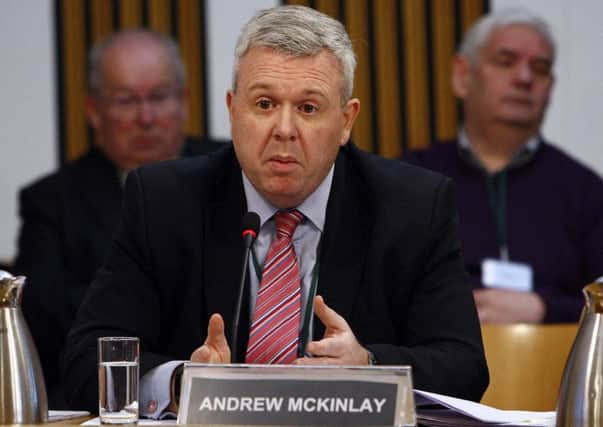Leader comment: Warning on football checks should be heeded


But the evidence heard yesterday by Holyrood’s petitions committee should serve as a timely reminder that if our sporting authorities are committed to safeguarding the welfare of young players, a great deal of attention should be paid to correcting present systemic failings in the game.
In a wide ranging evidence session, MSPs were alerted to a litany of problems at the game’s grassroots, with claims that some under-16 players have been paid as little as £1 a week, and unsavoury details of how clubs can run up “bidding wars” to procure the services of promising youngsters. These are stark warning signs that something is not right at a level of the sport where players are supposed to be nurtured, not exploited. But in light of the ongoing work by Police Scotland and the Scottish Football Association’s recently convened independent inquiry, the evidence heard in relation to a lack of background checks proved especially alarming.
Advertisement
Hide AdAdvertisement
Hide AdThe committee heard that under the existing sysem, agents who deal with children as young as 11 are required only to give a self-declaration that they have undergone the relevant disclosure or checks through the Protecting Vulnerable Groups scheme. Roderick Houston, honorary vice-president of the Scottish Schools Football Association, said the organisation was “profoundly concerned” about intermediaries, describing arrangements for children under the school leaving age as “completely inappropriate.”
The Professional Footballers’ Association Scotland also harbours misgivings over the role of agents, and has raised concerns with both clubs and the SFA.
Fraser Wishart, the association’s chief executive, told the committee: “In terms of the welfare of young people, I think there should be greater checks of any intermediary that’s going to interact with young people.”
Aside from the obvious risk of financial exploitation, there is something deeply disconcerting about the ease with which agents can work with children with so little scrutiny. Many youngsters – and their families – harbour hopes of making a career in the game, and place their trust in intermediaries to help make it happen. But the way things stand, that trust can be abused.
It is essential that the authorities take heed of what the committee was told and move to improve a system that is clearly not fit for purpose. That is a job not just for football. Abusers use access to get closer to their victims and it is extremely unlikely that other sports will have satisfactorily robust background check procedures in place.
The allegations that have come to light in recent weeks should not simply be viewed as a warning from history. They must bring about meaningful change to protect future generations of players.